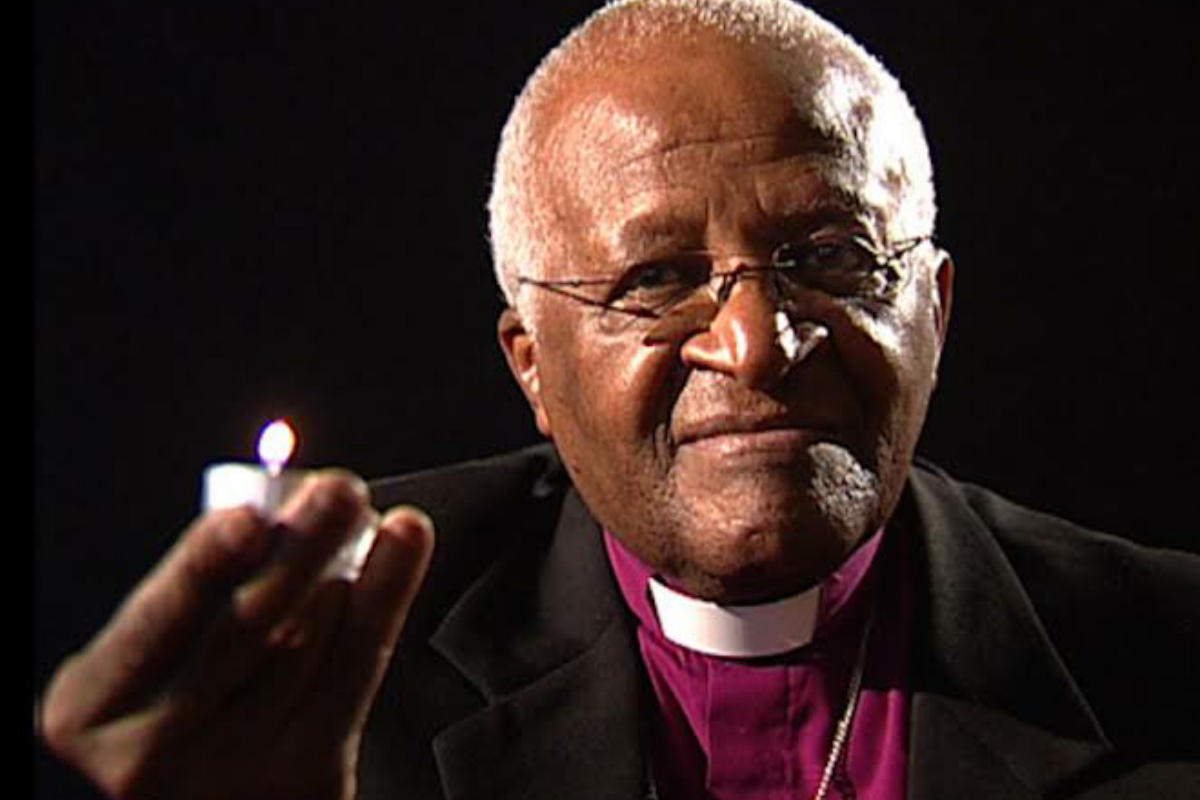What is Epiphany?
Epiphany is a word derived from the Greek word epiphaneia which means “manifestation” or “clear appearance.” In church tradition, Epiphany is a feast day on the church calendar to celebrate the revelation of God as a man, namely Jesus Christ or the appearance/manifestation of Jesus Christ to the world in the form of His birth. Specifically, the text used to experience this moment is the story of the search for the Magi which culminates in their meeting with the King.
The Magi and the Pilgrimage to Meet the King
In modern and popular visualizations of the story of the birth of Jesus, the arrival of the shepherds is often juxtaposed with the arrival of the Magi at the same moment. In fact, these two stories are based on two different Gospels and with different storytelling intentions. The story of the Magi is based on the testimony of the Gospel of Matthew. They were non-Jews who were most likely scholars from far away in Persia. Their search for the born King is told in the Gospel of Matthew as a discovery based on their expertise in reading natural signs, namely a star that they followed. However, the star was still God's tool to show the birth of the Savior to the foreigners.
Although not told in Matthew, we can imagine the struggle of the Magi in following the natural signs from God by traveling quite far. So when they arrived in Jerusalem, they assumed that the news of the birth of the King was big news there. However, apparently King Herod did not know anything. Only after that when he asked for confirmation from the priests and scribes, did the people confirm the news brought by the Magi. The news was the same as the prophecy of the Prophets that, "and you, Bethlehem, in the land of Judah, you are by no means the least among the leaders of Judah, for out of you will come a leader who will shepherd my people Israel." Immediately Herod planned something evil against the newborn Child.
The Gospel of Matthew was written for a congregation with a Jewish background, so we can interpret that the "delay" of the priests and scribes in learning the news of the birth of the Messiah was a self-criticism that was intended to be conveyed to the Jewish people. They had read, recognized, and known the news and prophecies of the prophets from generation to generation, but it was the foreigners who knew the news first. The foreigners, with all their desire to seek the truth, were able to see the grace of God shown in the birth of the Son of God. Aren't we the same? Often lulled by the understanding that God has granted us salvation, but forget to reflect on and do His will at all times.
In short, the Magi arrived in Bethlehem at a house and met Mary and prostrated themselves in worship of the child King. This statement implies that the center of the story is no longer in a stable as Luke's testimony, but is in a house with Jesus who is already a child (not a newborn baby). Offerings were made to the King, namely gold, incense, and myrrh as a form of respect.
Let's Reflect on Our Own Pilgrimages
Epiphany is about meeting God who revealed Himself in Christ. Through the story of the wise men, we can reflect that sometimes such encounters require a process. His self-revelation is solely His prerogative, but the response to this action is our own choice.
At that time, the wise men had to follow "His star" until they could find the Son of God. So just as "stars" are celestial bodies that we can see every day, so the revelation of God actually occurs in the daily lives that we are living. Often we ask where God is in the dynamics of the life we are living, hoping for an answer beyond reason that we find. Maybe the answer lies in a simple greeting from our co-workers that strengthens us, news from loving parents, or the kindness of strangers that we receive on the public transportation we are riding.
May God enable us to continue to hone our inner sensitivity. Seeing His revelation in the daily life that we are living. Thus we can live life with hearts overflowing with gratitude.
To ponder:
- Why did the Magi offer gold, incense, and myrrh to Jesus?
- How do we reflect or feel the presence of God in our daily lives?
























